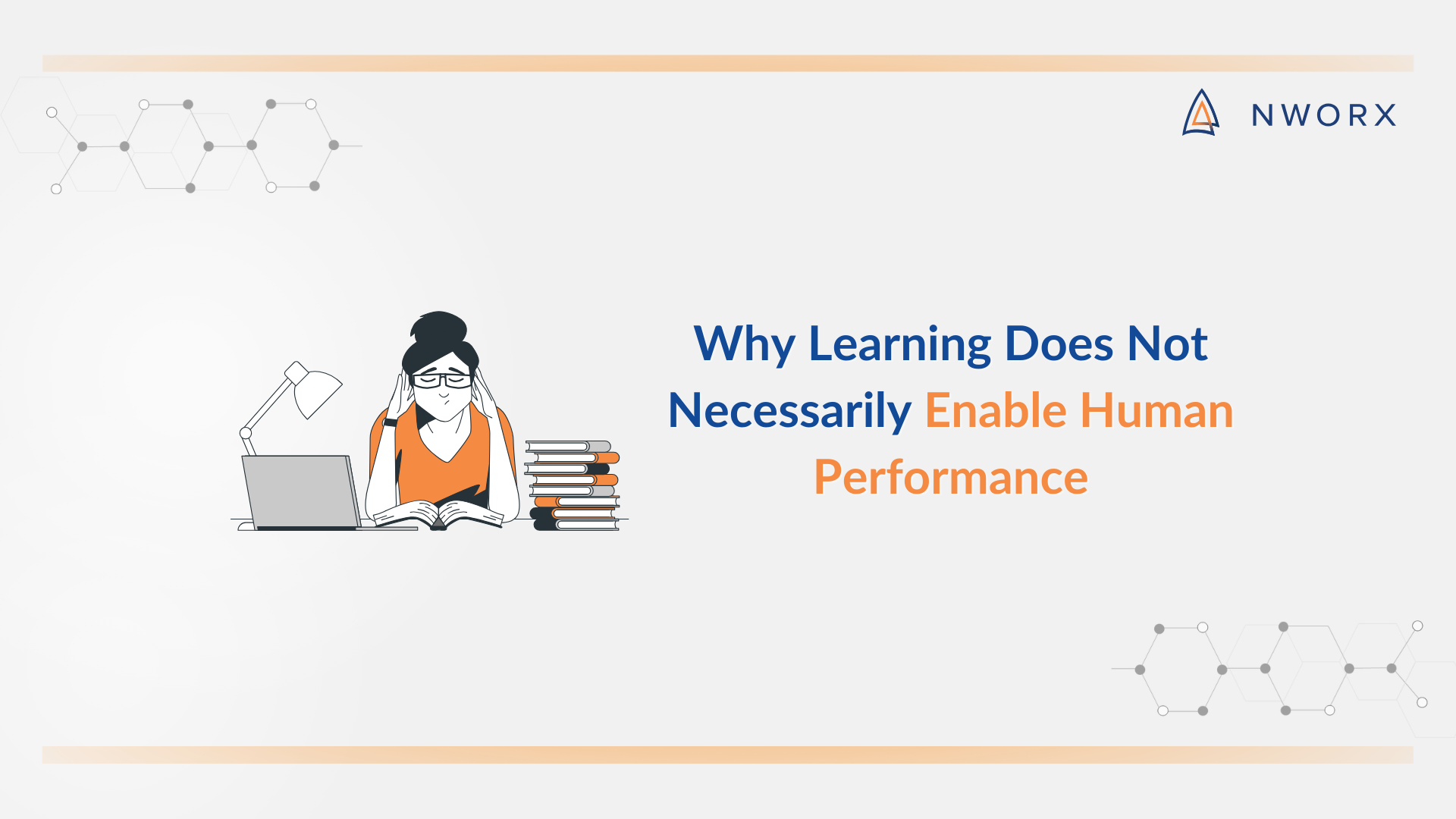Empathy is about seeing things from another angle – a skill of being able to look at a situation, problem, or solution from a point of view other than our own.
Seeing things from another angle allows us to gain new perspectives, expand our thinking, work towards win-win solutions, and occasionally even lead to creative breakthroughs.
4A’s of Empathy
Ask
Effective questions help us think differently, consider new possibilities, solve problems, and most importantly build and deepen relationships, and build and empower our team. Effective questions help us unearth others’ opinions, assumptions, and biases.
What Makes This ‘A’ Effective
- Use open questions starting with ‘what’ to probe the other person’s thinking, opinions, anxieties, FLAB.
- Avoid leading questions starting with ‘Can’t you do…..’, ‘Why not…..’.
Be Attentive
Our inner chatter gets in the way of our ability to listen. We are being mindful of what the other is saying. Remove distractions. Only when we give the other our full unbiased attention will we be able to leverage the information into action.
What Makes This ‘A’ Effective
- Manage energy and attention.
- Quieten the inner dialogue in your head.
- Listen fully to what the other is saying.
- Pick up unspoken cues (and if required probe them further).
Acknowledge
We judge others by their action and ourselves by our intent. If we are blind to this double standard, it will negatively impact our ability to lead and promote effective teamwork. Our automatic tendency is to assume the negative intentions of the other person, especially when something impacts us negatively. Looking for positive intent requires deliberate practice. The moment we acknowledge the positive intent in others we will notice that we can let go of our annoyance. Stating what we see as their positive intent gives us a chance to learn more about the details of the situation and the other person’s reality.
What Makes This ‘A’ Effective
- State what you can hear is his/her positive intent.
- Make the person feel heard and ‘seen’.
- When required summarize what you hear the other say.
Address
Difficult work situations need to be addressed by a call to action. This call to action, when mutually beneficial, results in engagement and effort by both parties.
What Makes This ‘A’ Effective
- Address the stated problem.
- Make the required decision.
- Mine the situation for insights.


